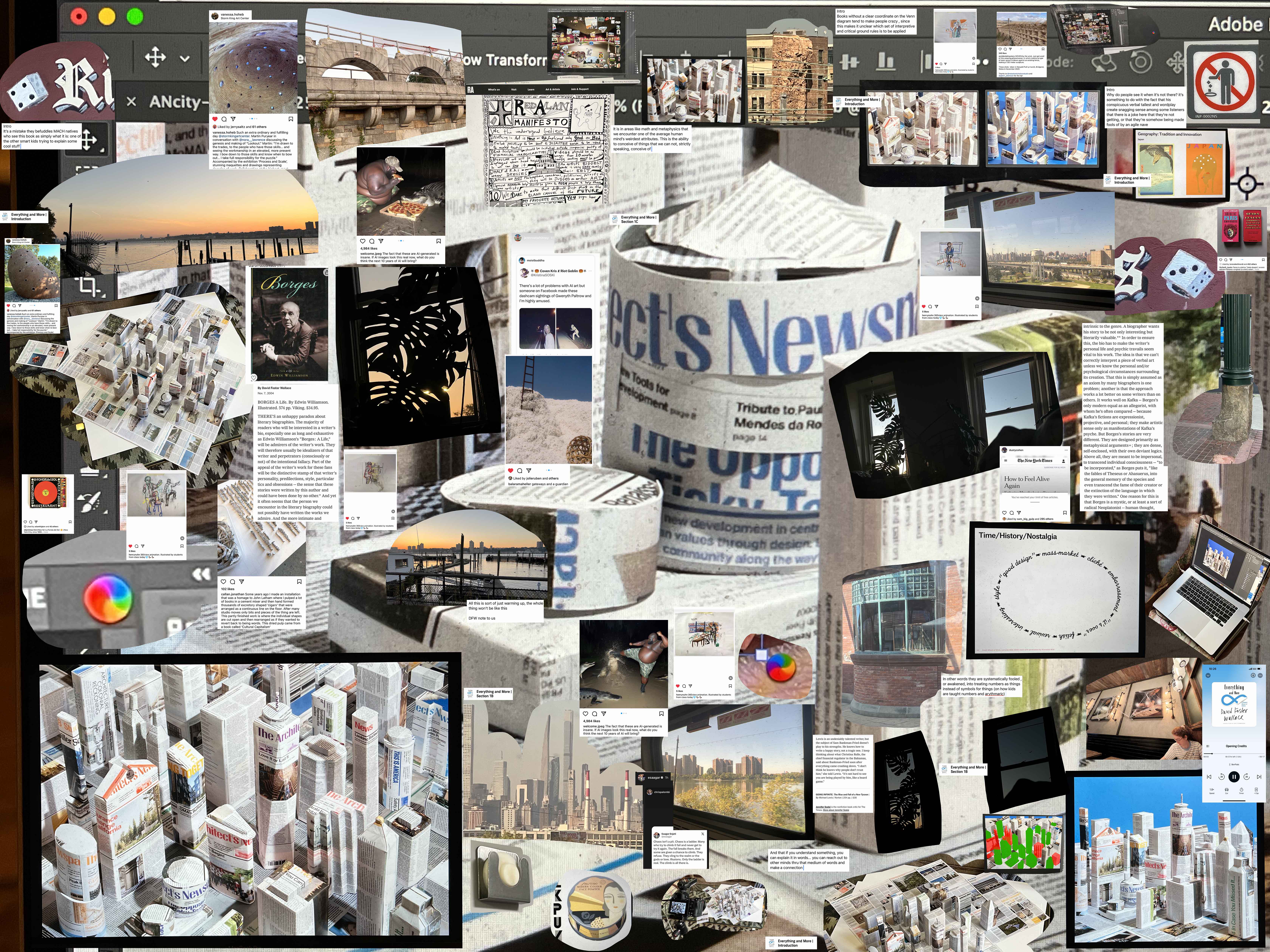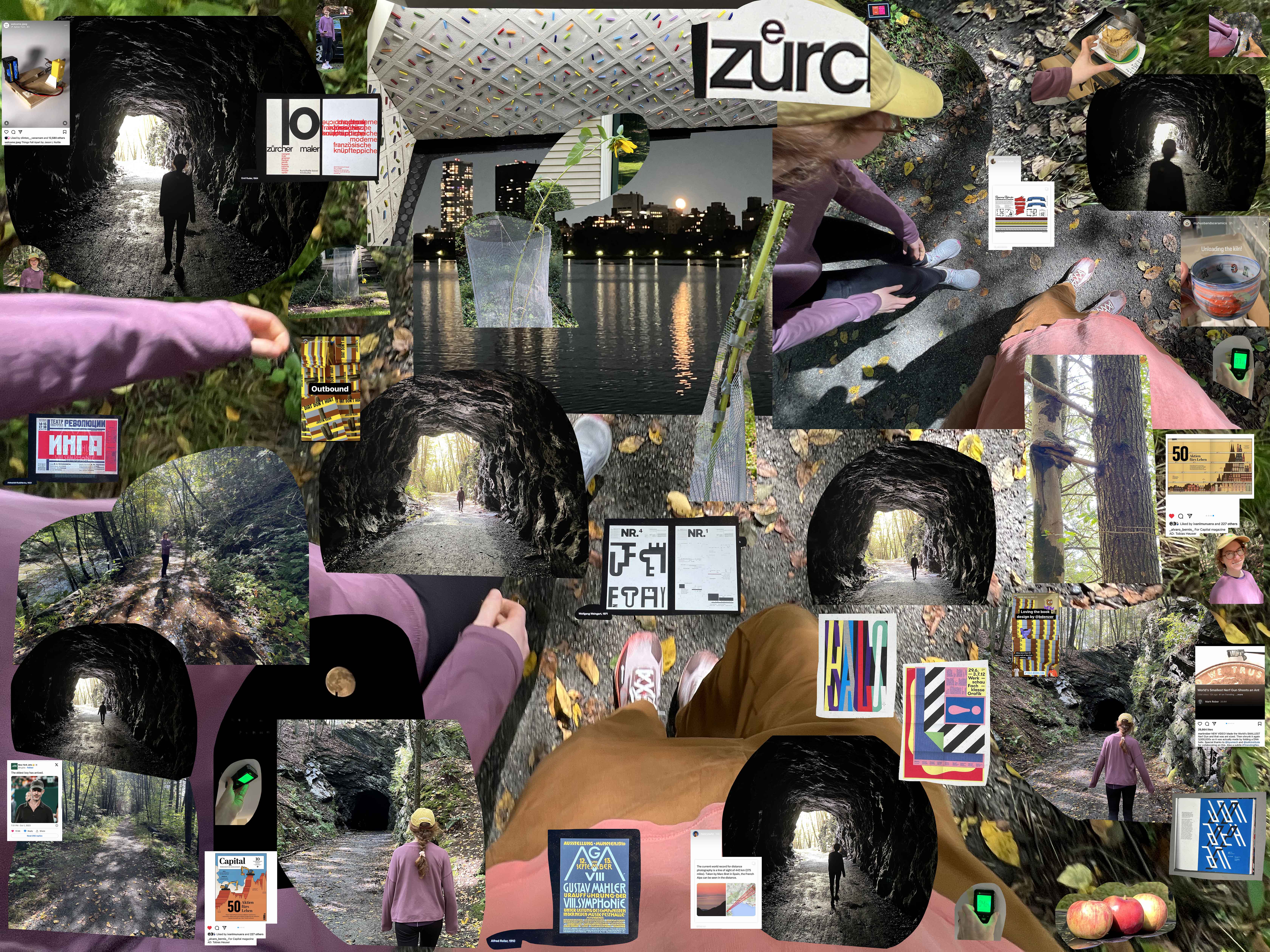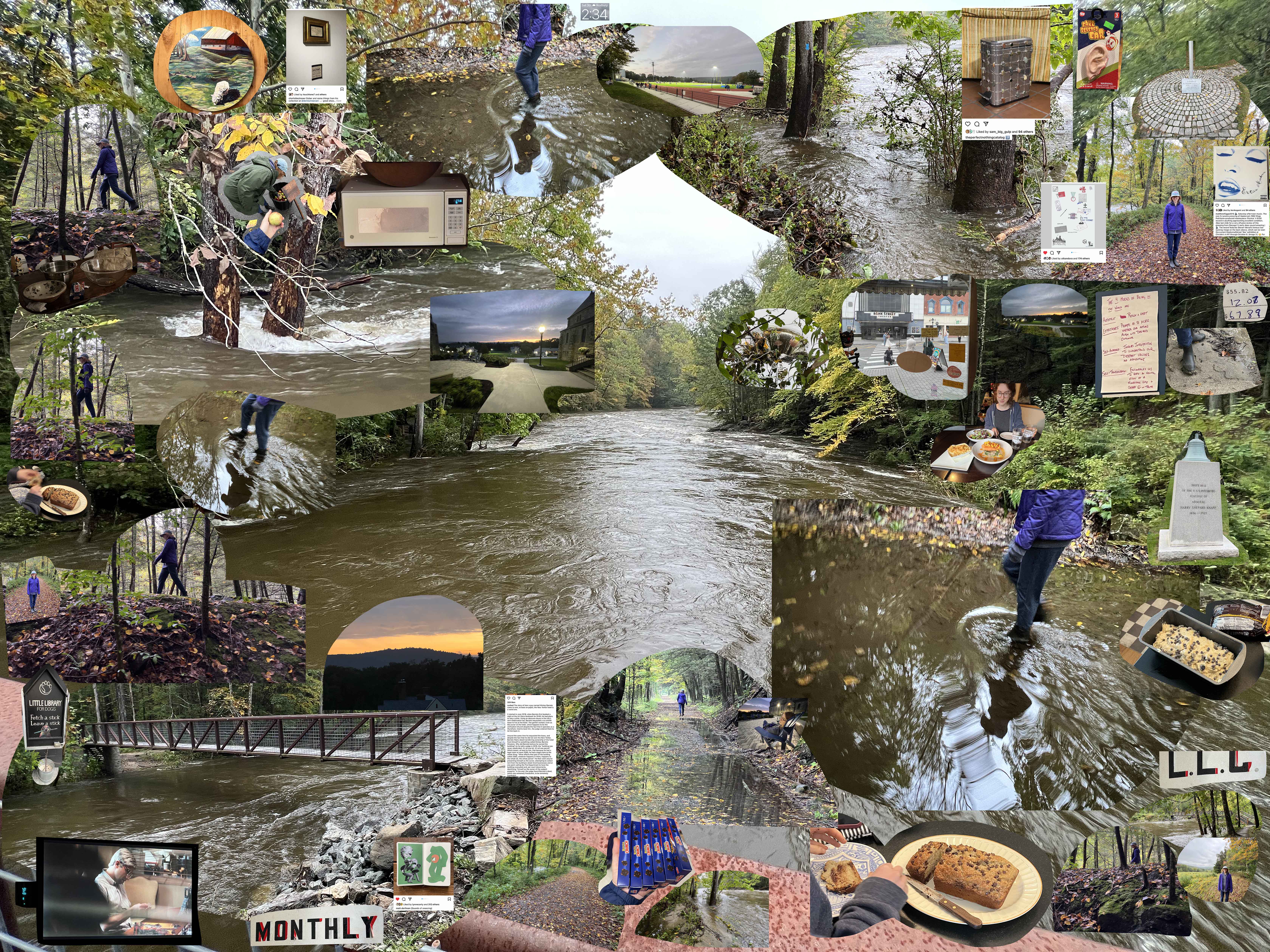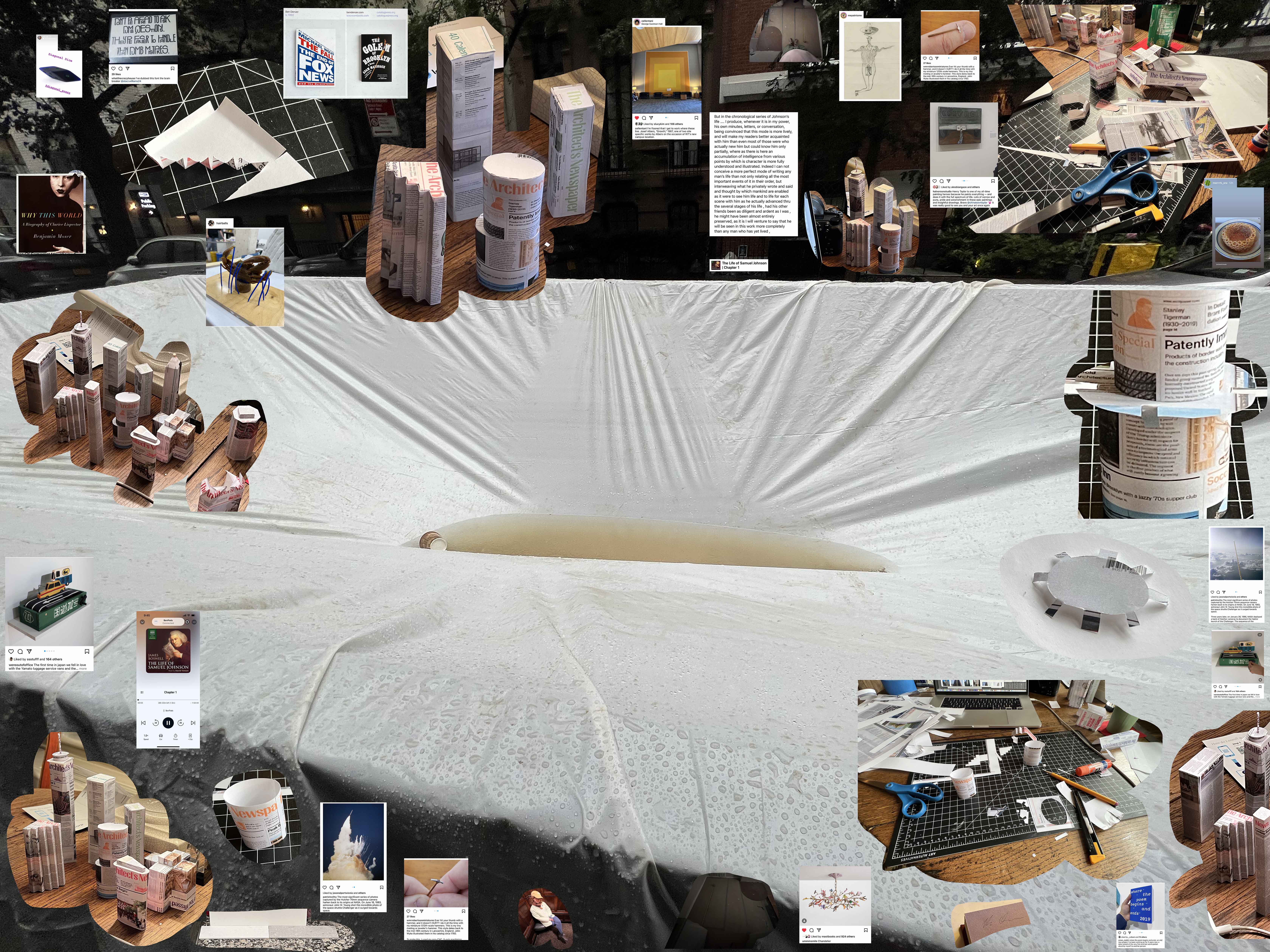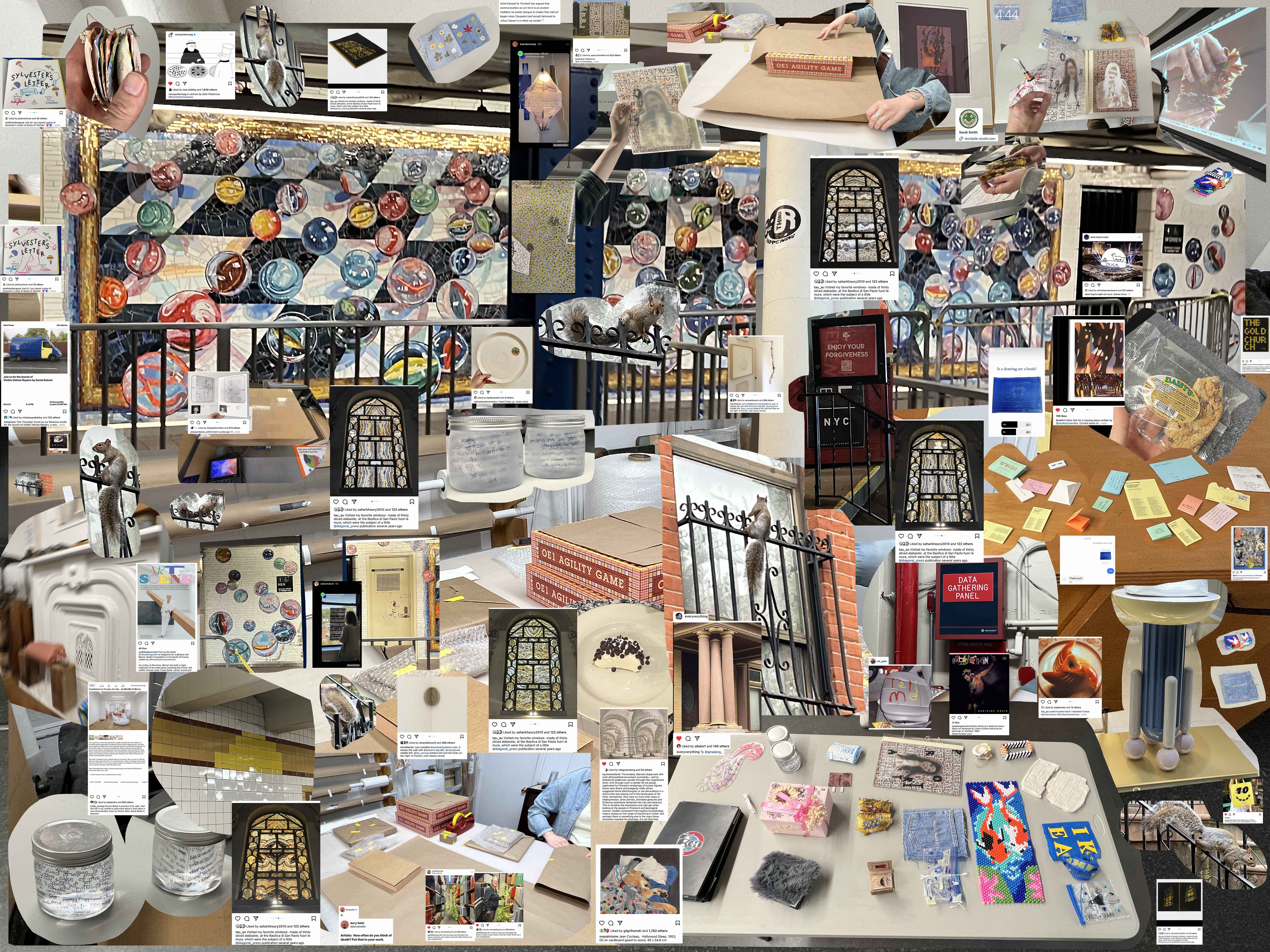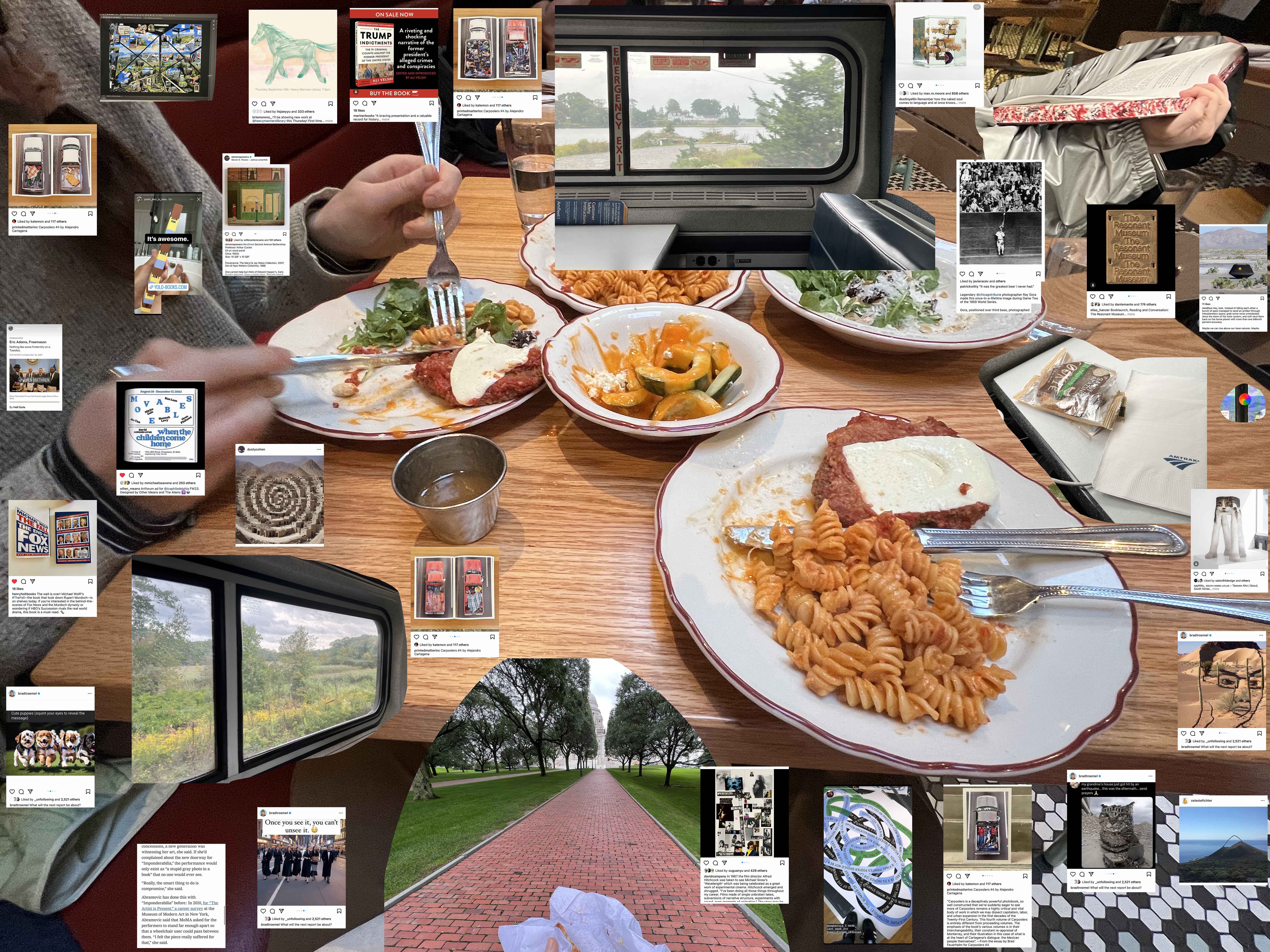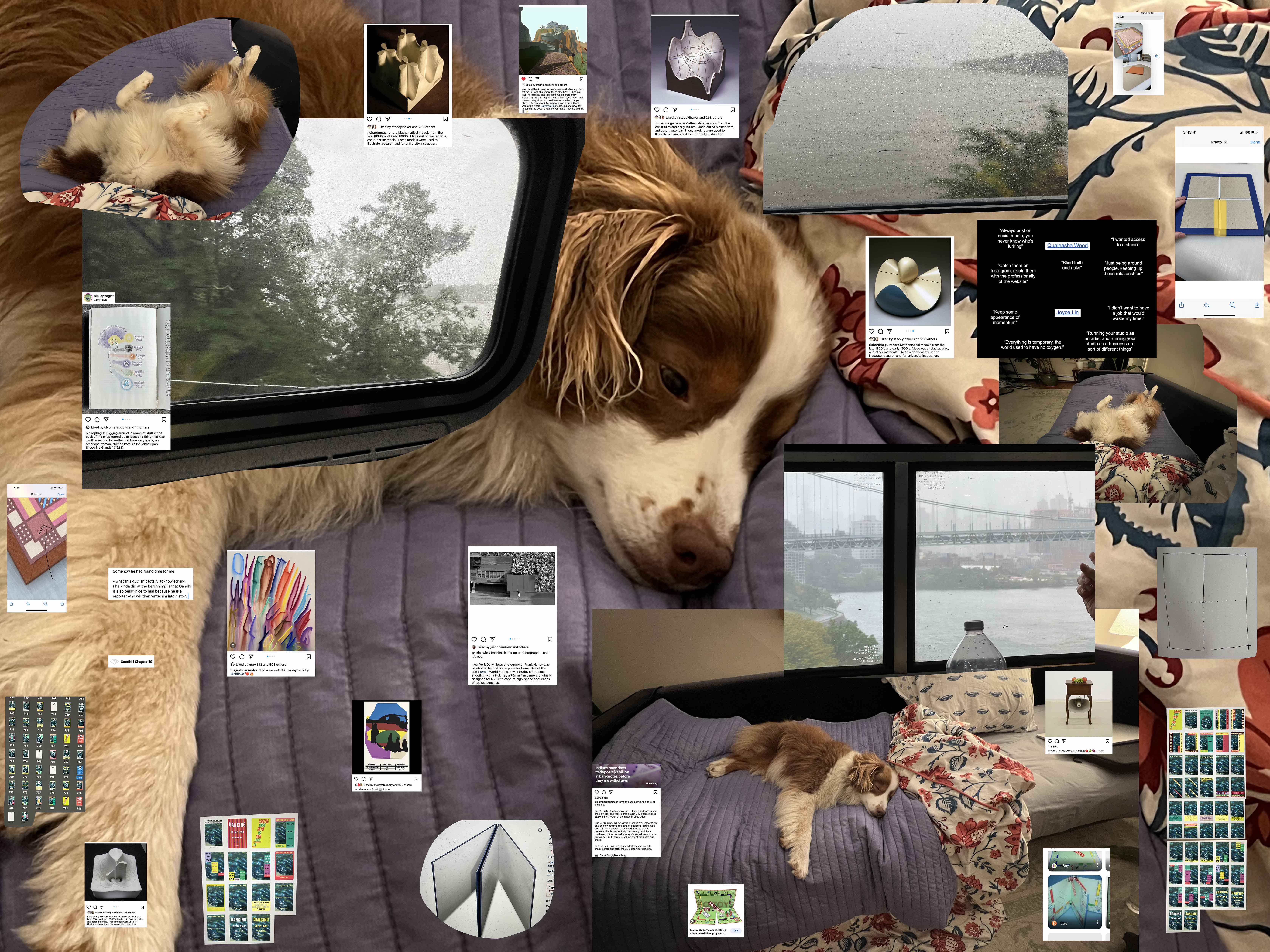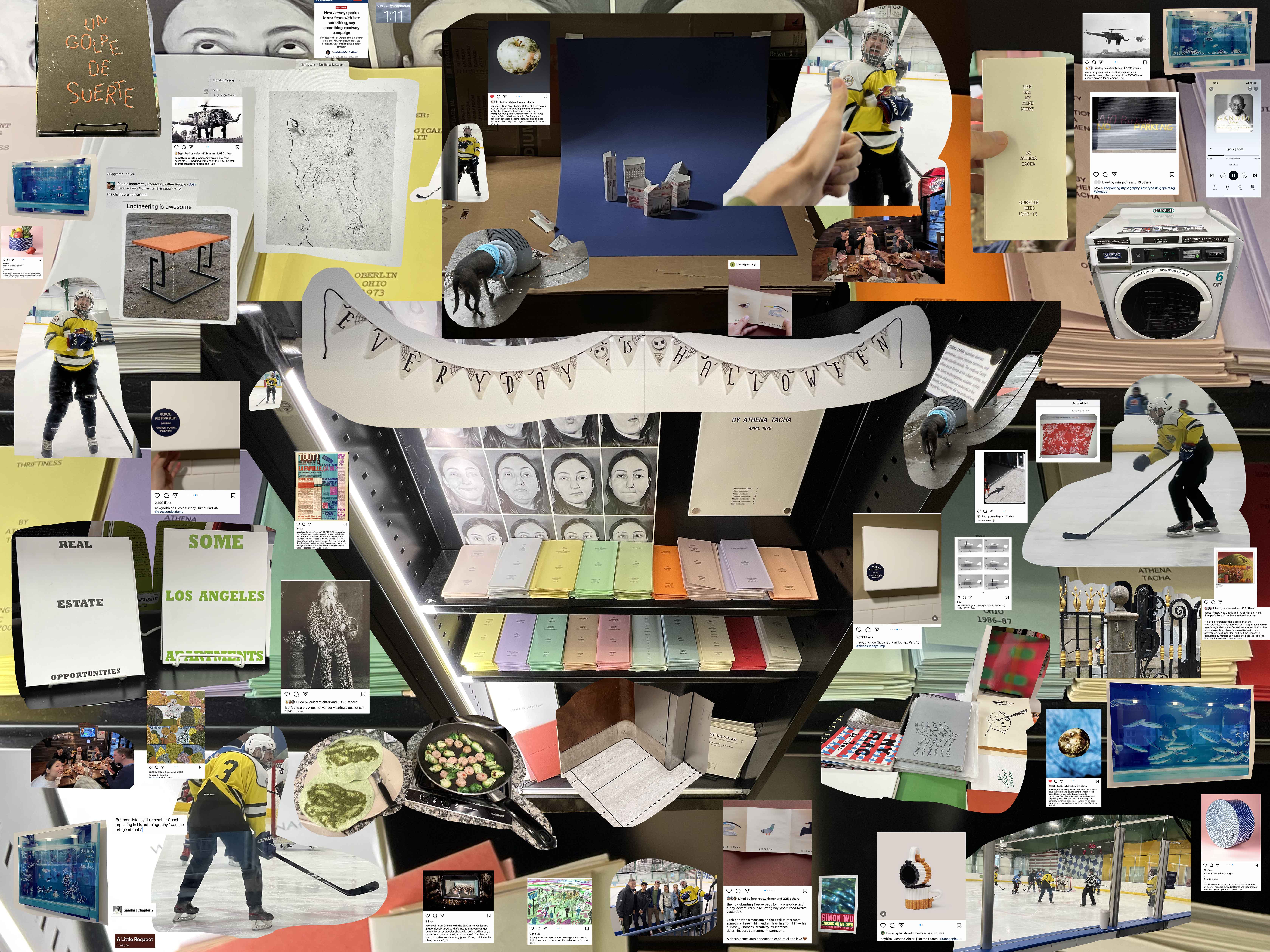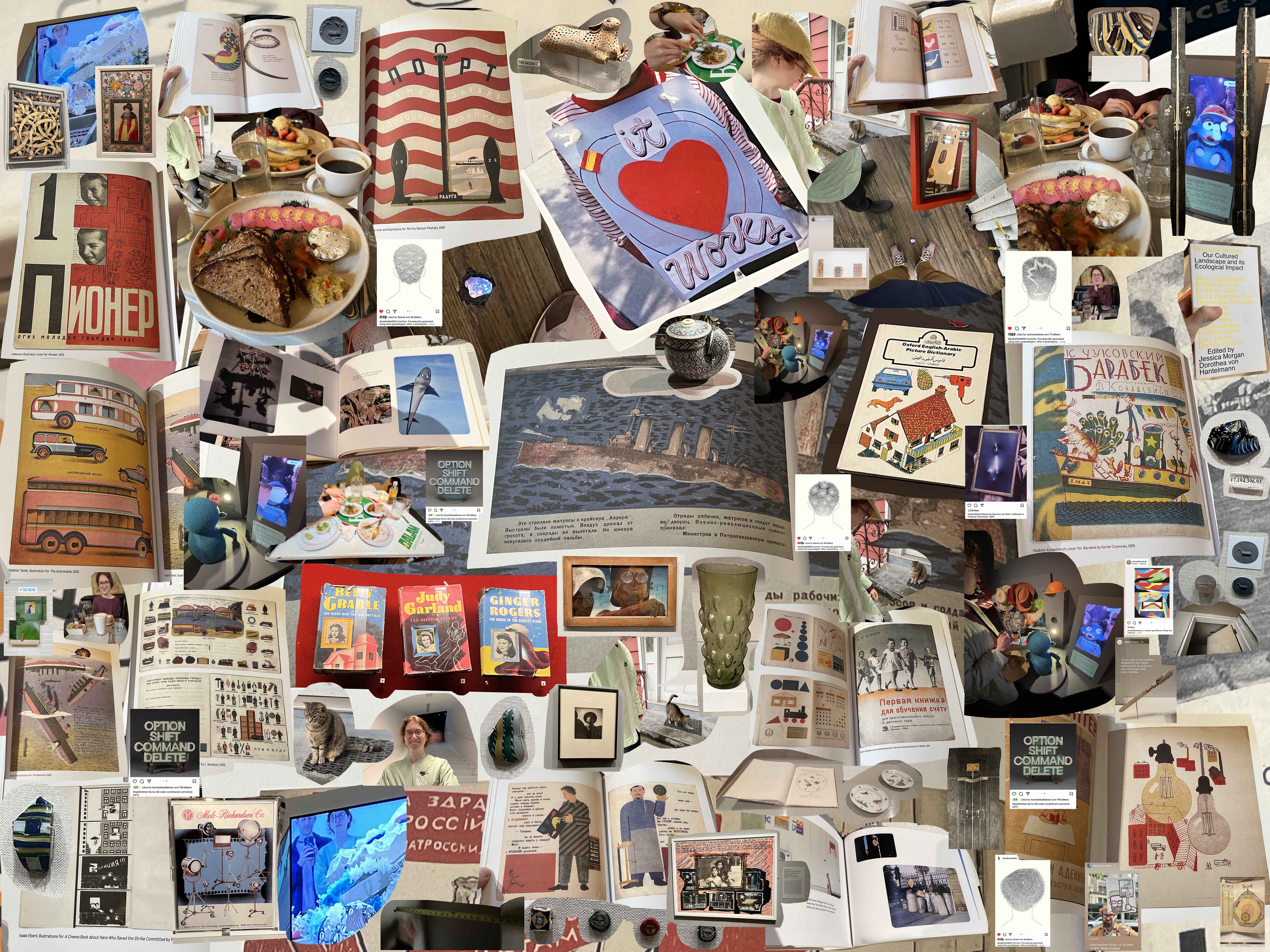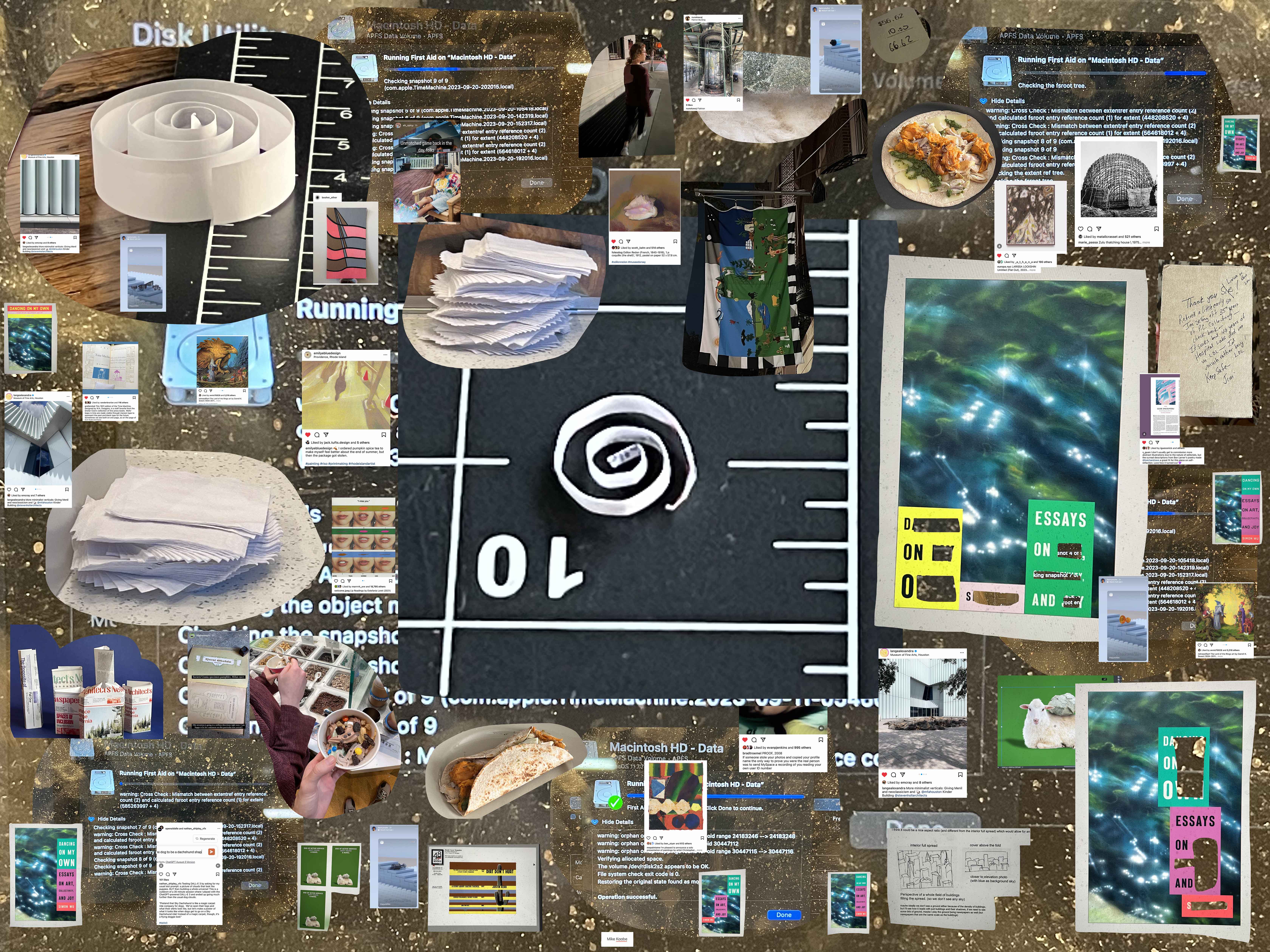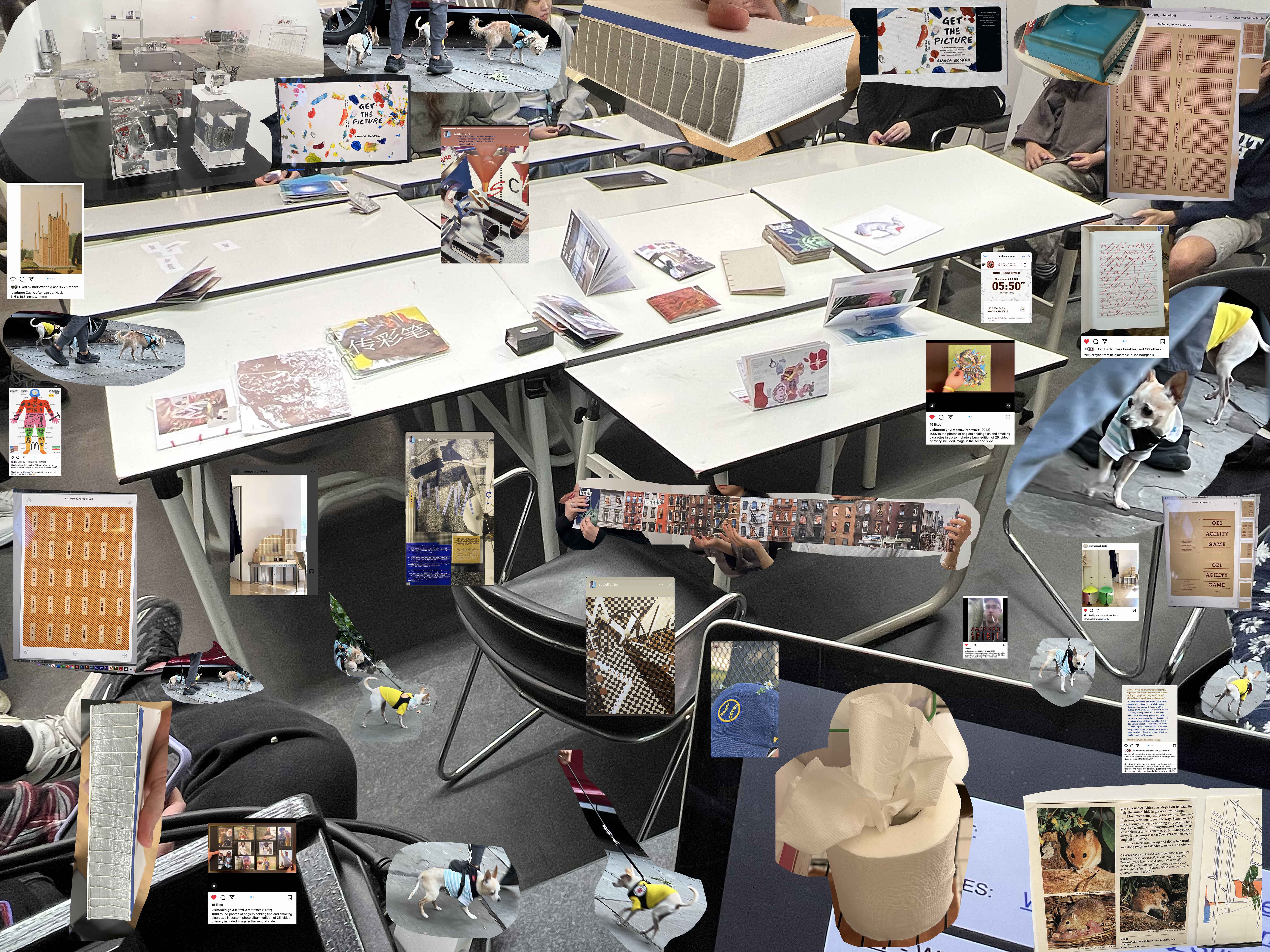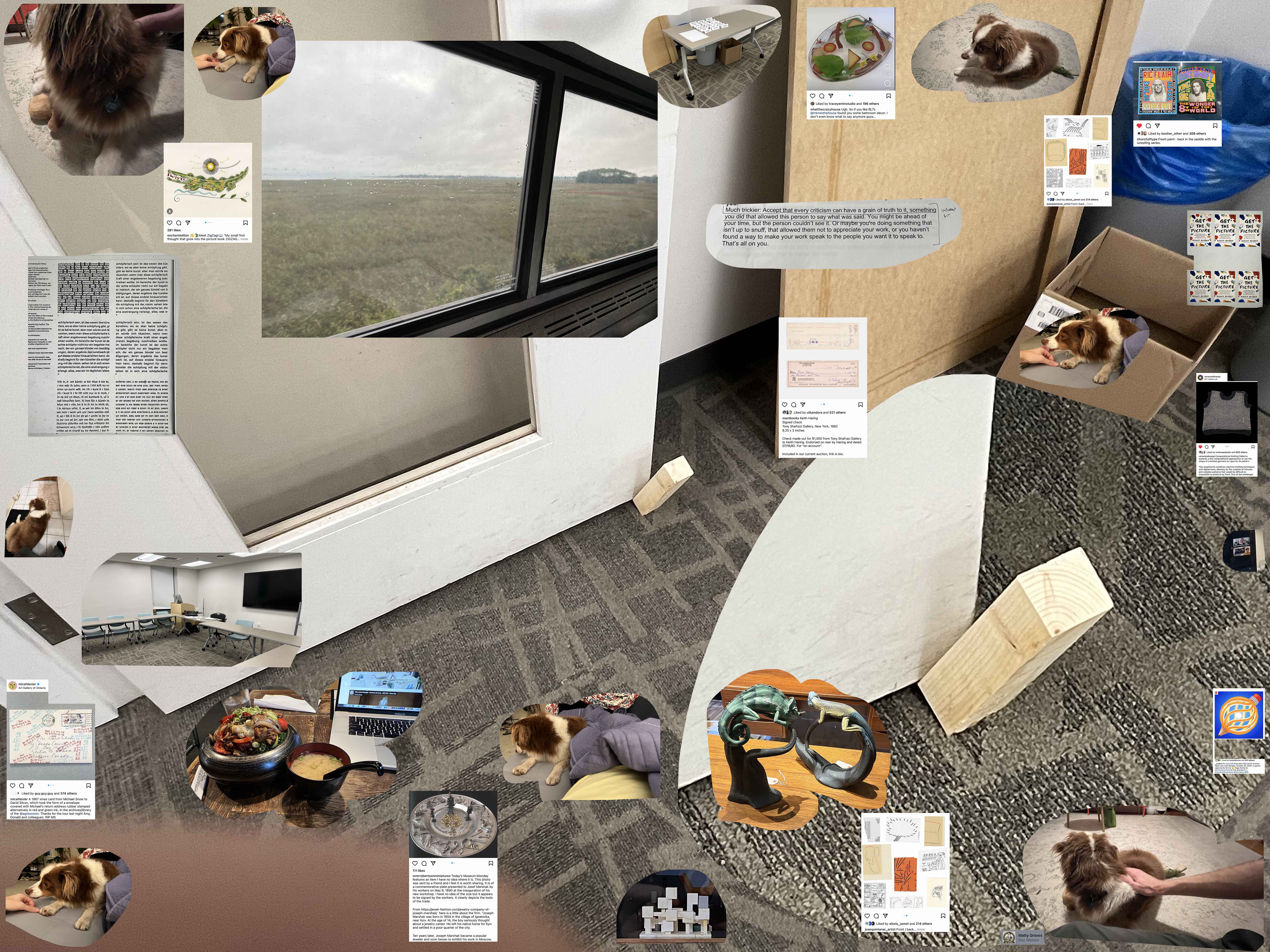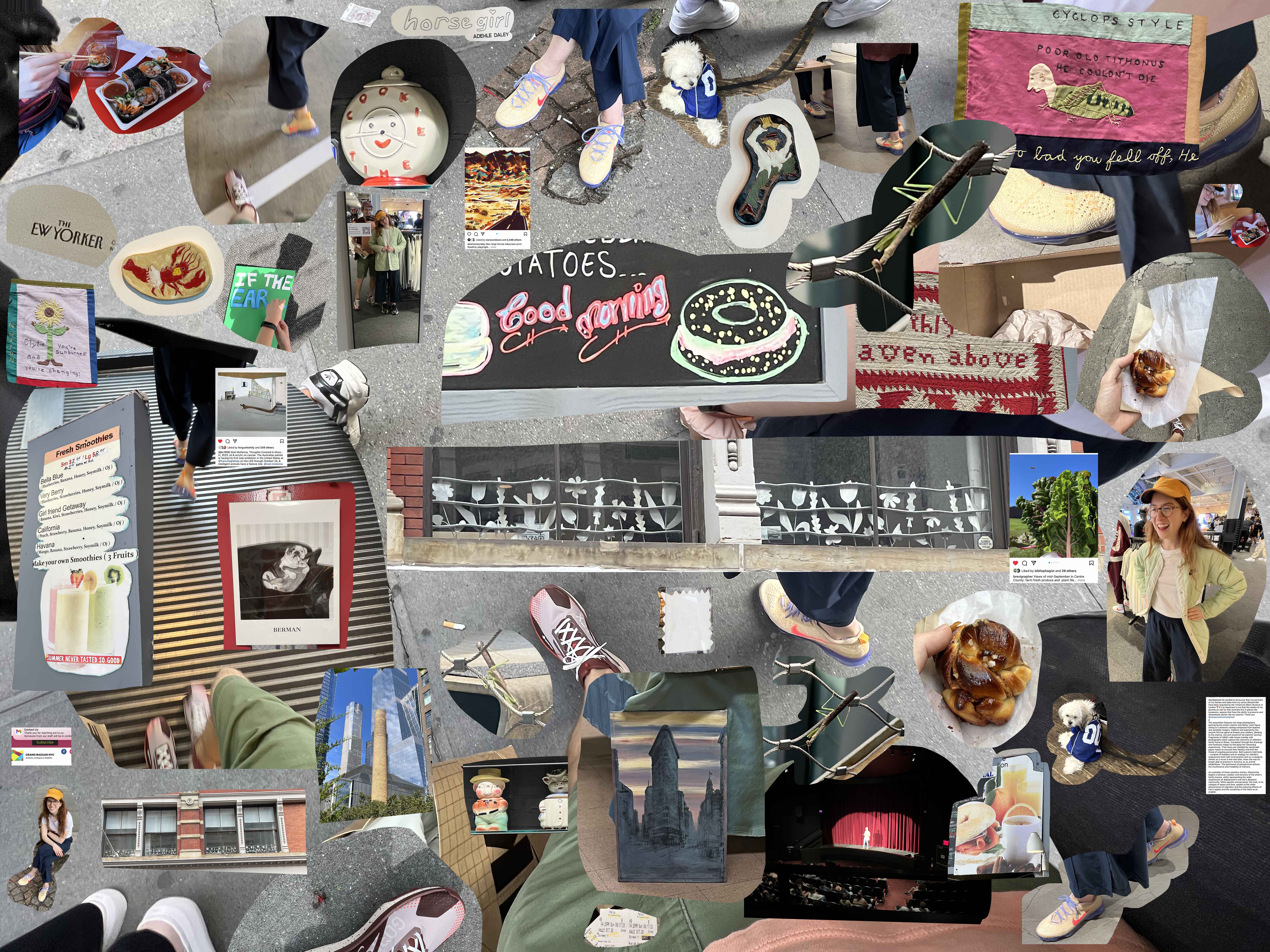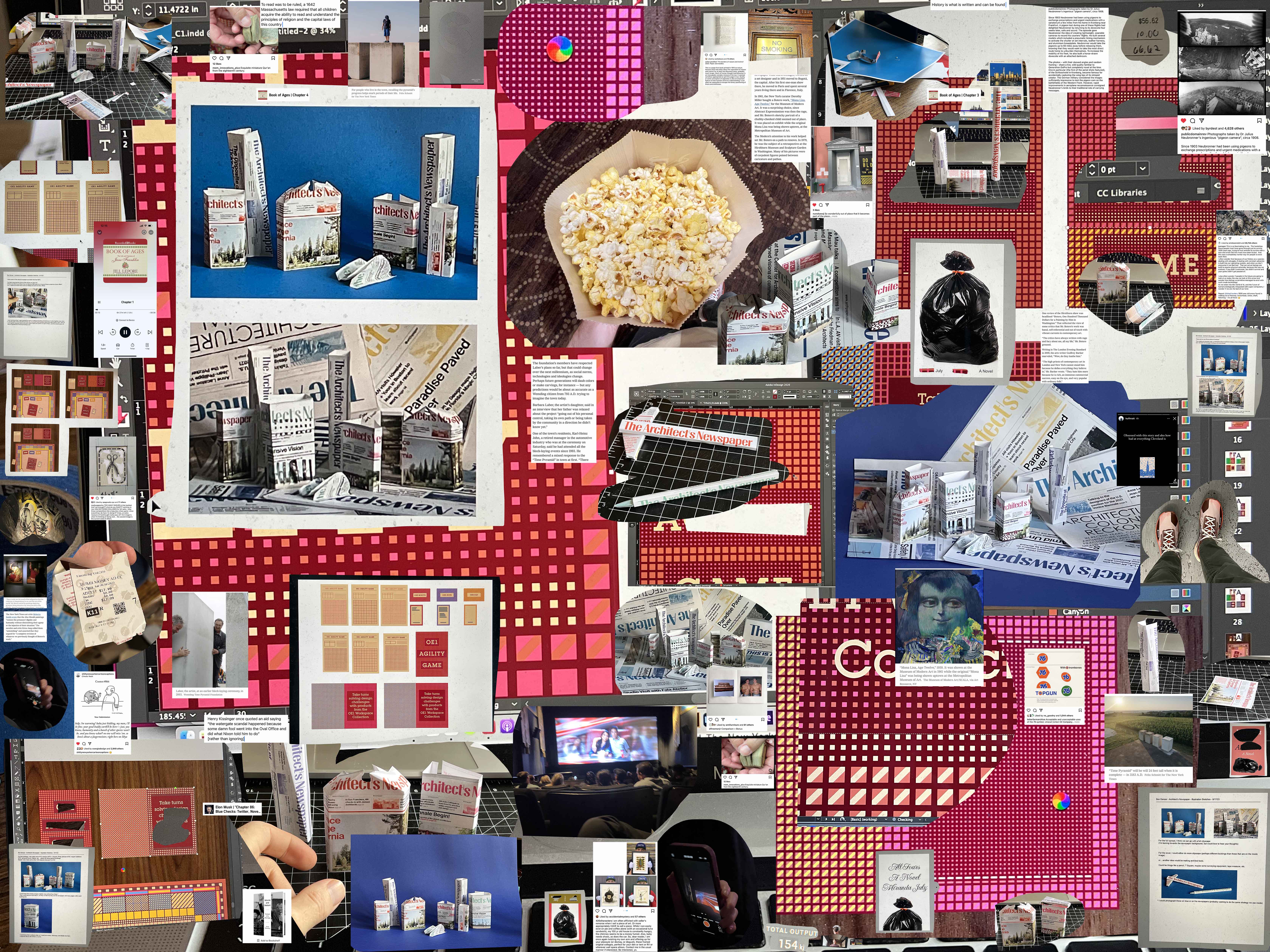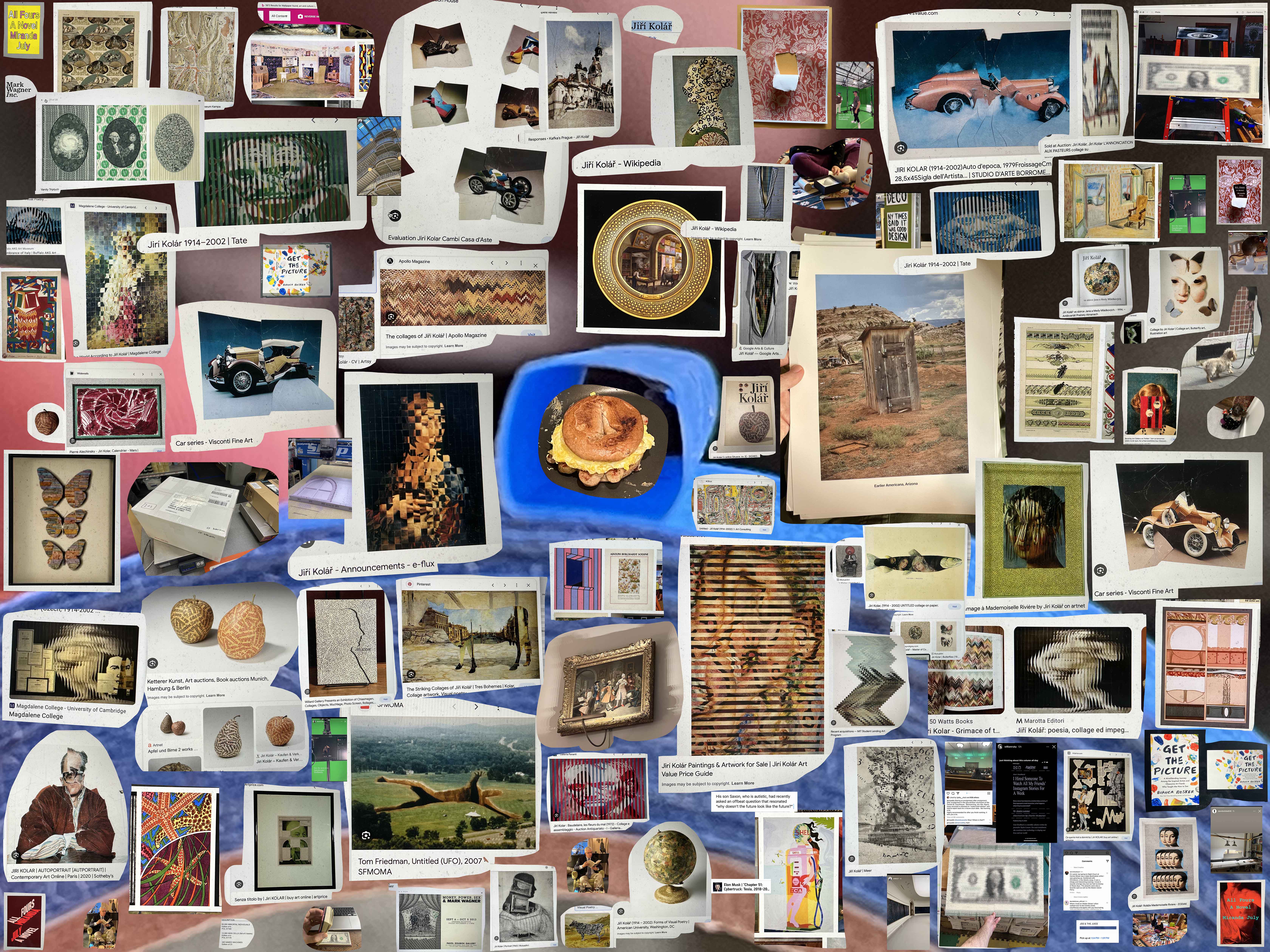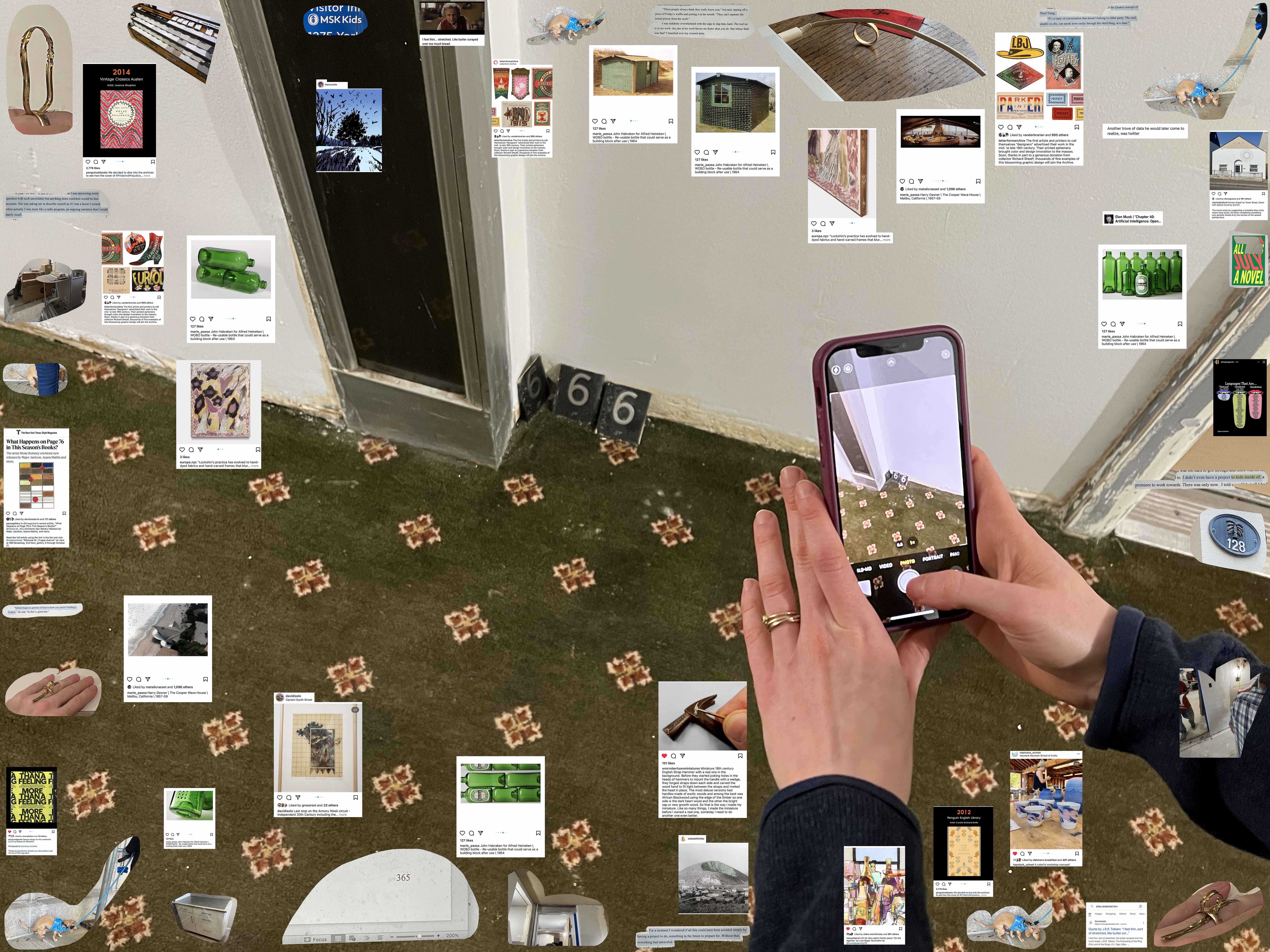Tuesday, October 3, 2023
A biographer wants his story to be not only interesting but literarily valuable.** In order to ensure this, the bio has to make the writer's personal life and psychic travails seem vital to his work. The idea is that we can't correctly interpret a piece of verbal art unless we know the personal and/or psychological circumstances surrounding its creation. That this is simply assumed as an axiom by many biographers is one problem; another is that the approach works a lot better on some writers than on others. It works well on Kafka -- Borges's only modern equal as an allegorist, with whom he's often compared -- because Kafka's fictions are expressionist, projective, and personal; they make artistic sense only as manifestations of Kafka's psyche. But Borges's stories are very different. They are designed primarily as metaphysical arguments+; they are dense, self-enclosed, with their own deviant logics. Above all, they are meant to be impersonal, to transcend individual consciousness -- "to be incorporated," as Borges puts it, "like the fables of Theseus or Ahasuerus, into the general memory of the species and even transcend the fame of their creator or the extinction of the language in which they were written."
— David Foster Wallace, "Borges on the Couch," The New York Times
Monday, October 2, 2023
We get to make our lives up.
— Tamara Johnson
Sunday, October 1, 2023
I asked my dad what he was thinking that morning. What he thought was happening with Mom. He told me that he never thought mom could have gotten there before the towers fell. He did the same calculation that I had done. We both had too much faith in New York City traffic to worry about Mom reaching Manhattan in time.
— Colin Jost, A Very Punchable Face: A Memoir
Saturday, September 30, 2023
The 4 Modes of Being in The World are:
Autopilot: Reflex + habit
Effectiveness: Prompts us to assess whether our actions align with desired outcomes
Self-Awareness: Involves Introspection to understand our deepest values and aspirations
Self-Transcendence: Encourages us To seek a wholistic vision of a flourishing life + consider Q's as Truth
— Hand written poster in Canterbury School classroom (it might say "Consider Q's of Truth," the poster was far away from window and the photo I took was not perfectly clear)
Friday, September 29, 2023
I love playing dice, so I made some. Now available in sets of six via @diagonal_press, my holder for miscellany and fun.
— @tau_au
Thursday, September 28, 2023
Indeed I cannot conceive a more perfect mode of writing any man's life, than not only relating all the most important events of it in their order, but interweaving what be privately wrote, and said, and thought; by which mankind are enabled as it were to see him live, and to “live o'er each scene” with him, as he actually advanced through the several stages of his life. Had his other friends been as diligent and ardent as I was, he might have been almost entirely preserved. As it is, I will venture to say that he will be seen in this work more completely than any man who has ever yet lived.
— James Boswell, The Life of Samuel Johnson
Wednesday, September 27, 2023
Artist Edward M. Plunkett has argued that communication-as-art-form is an ancient tradition; he posits (tongue in cheek) that mail art began when Cleopatra had herself delivered to Julius Caesar in a rolled-up carpet.
— "Mail art," Wikipedia
Tuesday, September 26, 2023
By making concessions, a new generation was witnessing her art, she said. If she’d complained about the new doorway for “Imponderabilia,” the performance would only exist as “a stupid gray photo in a book” that no one would ever see.
“Really, the smart thing to do is compromise,” she said.
Abramovic has done this with “Imponderabilia” before: In 2010, for “The Artist is Present,” a career survey at the Museum of Modern Art in New York, Abramovic said that MoMA asked for the performers to stand far enough apart so that a wheelchair user could pass between them. “I felt the piece really suffered for that,” she said.
— Alex Marshall, "Marina Abramovic Relents and Adapts a Provocative Piece for Today," The New York Times
Monday, September 25, 2023
Everything is temporary, the world used to have no oxygen.
— Joyce Lin
Sunday, September 24, 2023
But consistency, I remember Gandhi repeating in his autobiography, was the refuge of fools.
— William L. Shirer, Gandhi: A Memoir
Saturday, September 23, 2023
There is art on the floor right there.
— MoMA PS1 employee directing visitors to a small video monitor under a hole in the floorboards
Friday, September 22, 2023
Every historian relies on what is unreliable—documents written by people who were not under oath and cannot be cross-examined.
— Jill Lepore, Book of Ages: The Life and Opinions of Jane Franklin
Thursday, September 21, 2023
Proof, 2008
If someone stole your photos and copied your profile name the only way to prove you were the real person was to send MySpace a recording of you reading your own user ID number
— @bradtroemel
Wednesday, September 20, 2023
AMERICAN SPIRIT (2022)
1000 found photos of anglers holding fish and smoking cigarettes in custom photo album. edition of 25. video of every included image in the second slide.
— @visitordesign
Tuesday, September 19, 2023
What remains of anyone's life is what's kept.
— Jill Lepore, Book of Ages: The Life and Opinions of Jane Franklin
Monday, September 18, 2023
You don’t become your hero by working for your heroes.
— Charlotte McCurdy
Sunday, September 17, 2023
We'll give him a call and pass along your number.
— Guy who works for Grand Bazaar NYC on trying to connect me with Robert Miller, the guy who used to sell stamps (after a follow up, they tell me his number is no longer in service)
Saturday, September 16, 2023
History is what is written and can be found.
— Jill Lepore, Book of Ages: The Life and Opinions of Jane Franklin
Friday, September 15, 2023
Jiří Kolář
— Mark Wagner
Thursday, September 14, 2023
Another trove of data, he would later come to realize, was Twitter.
— Walter Isaacson, Elon Musk
